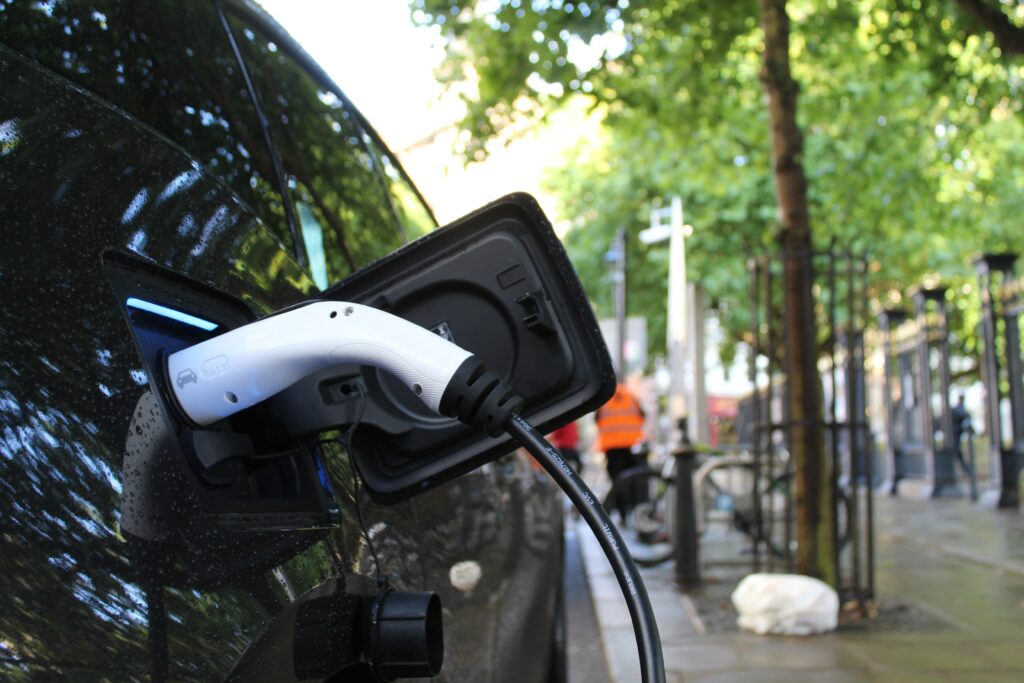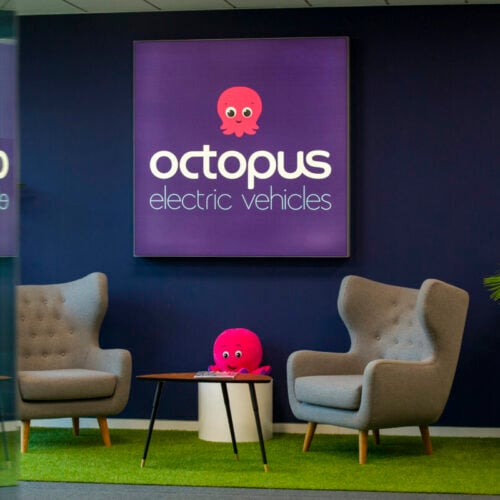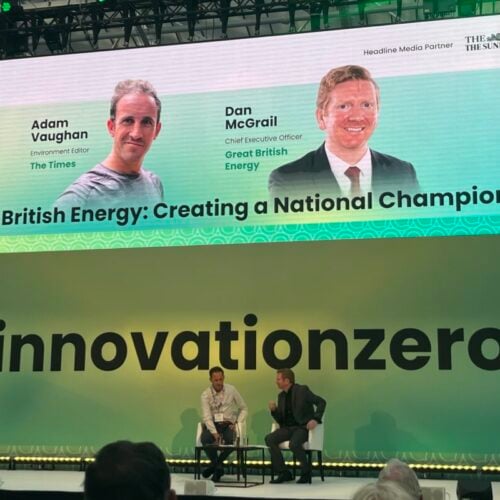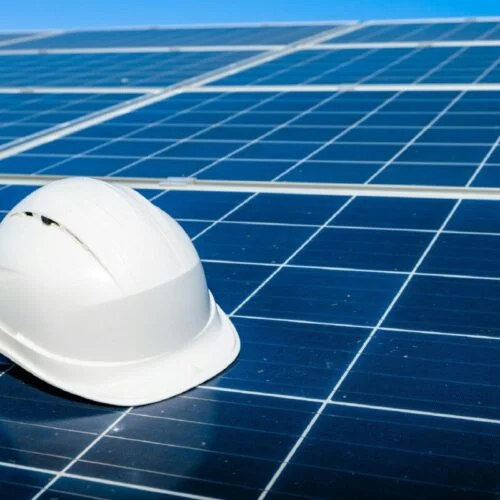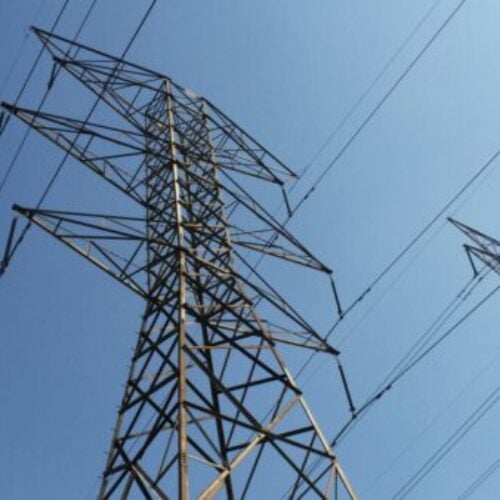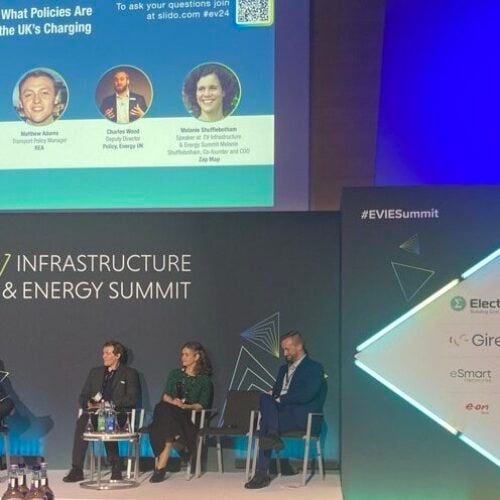The RAC and EV campaign group FairCharge have called on the UK government to decouple electricity wholesale prices from gas in a bid to reduce the costs associated with EV charging.
Wholesale electricity prices are currently being set by the volatile gas market. This has caused various issues across the UK in the past year including a cost-of-living crisis and throwing many vulnerable households and commercial businesses into disarray.
The result of this has seen soaring energy bills in the UK. This has had a major impact on EV charging networks, with many having to continuously raise their rates due to high gas prices – something that needs rectifying.
Renewable energy on the other hand is now regarded as one of the cheapest methods of creating electricity in the UK. But because this is still coupled and affected by gas prices, the UK’s businesses and residents have not been able to access this reduced cost.
Another cause for concern in the EV market is the impact the cost-of-living crisis could have on EV adoption. With higher energy bills, many potential drivers could delay a decision to adopt an EV. In addition to the high charging costs associated due to the wholesale electricity prices, the two organisations perceive this to have an impact on the public’s enthusiasm for EVs.
This interpretation details the urgent need to decouple gas and electricity prices. To accelerate this process, RAC and FairCharge have called on the government to publish the results of its Review of Electricity Market Arrangements which closed for consultation in October 2022. At the time it was dubbed the “biggest electricity market reform in a generation”.
“EVs charged at home are still considerably cheaper to run than combustion cars, but prices at many public charge points have increased significantly. Anyone using the public network will now have to pay more, but critically, the rise in costs will reduce EV take-up at a crucial time,” said Quentin Willson, founder of FairCharge.
“Decoupling the wholesale price of gas from electricity from cheaper renewable sources would help everyone by lowering electricity prices. Those lower energy costs will also impact inflation and interest rates. Decoupling should become an essential and urgent part of the UK’s future energy strategy.”
Some of the changes considered by the Review of Electricity Market Arrangements included introducing incentives for consumers to access energy at cheaper rates when demand is low, a reformation of the capacity market so that it increases the participation of low carbon flexibility technologies and the decoupling of global fossil fuel prices from electricity produced by cheaper renewables, which BEIS said would help consumers see the benefits of renewable technologies.
“It’s very important that enthusiasm for electric vehicles isn’t dampened in the run-up to 2030 when the sale of new petrol and diesel cars comes to an end,” said RAC EV spokesperson Simon Williams.
“The fact electricity has gone up in price quite dramatically due in the most part to the wholesale price of gas shooting up as a result of the war in Ukraine is a sign that action needs to be taken to change this for the benefit of households and businesses, and to guarantee the electric car revolution stays on track.
“We urge the government to publish its consultation findings as soon as possible, to act on the findings and improve the way the wholesale electricity price is worked out.”
